Photovoltaic Systems: Saving Money and Energy
Photovoltaic Systems: Saving Money and Energy
Photovoltaic Systems: Saving Money and Energy: Photovoltaic Systems are a valuable tool for any business that wants to save money, energy and the environment. This article will explore the benefits of solar systems and what they can do for your business.
What are Photovoltaic Systems?
Photovoltaic Systems: Saving Money and Energy: Photovoltaic systems, also known as solar PV systems, are a great way to save money and energy. Photovoltaic systems use solar panels to convert sunlight into electricity, which can then be used to power your home or business. Photovoltaic systems are a clean, renewable energy source and can help you save money on your electric bill.
How do photovoltaic systems work?
Photovoltaic Systems: Saving Money and Energy: A photovoltaic system, also known as a solar photovoltaic system, is a power system that uses solar panels to convert sunlight into electricity. Solar PV systems are typically used to power homes and businesses, but can also be used to provide power to remote locations or generate electricity for the grid.
How do PV systems work? Solar panels are made up of cells containing semiconductor materials such as silicon. When sunlight hits the cells, it causes electrons to be released from the atoms of the semiconductor material. These free electrons are then captured by electrical wires connected to the solar panel and this flow of electrons creates an electric current. This current can then be used to power appliances and lights, or it can be fed into the grid.
Photovoltaic systems are becoming increasingly popular as a way to generate electricity because they are clean, renewable and efficient. They can also save you money on your energy bills!
Advantages and disadvantages of a photovoltaic system
There are many advantages and disadvantages to having a PV system. Some people believe that the costs of these systems outweigh the benefits, while others believe that the benefits far outweigh the costs. Here are some of the pros and cons of having a PV system:
Photovoltaic Systems: Saving Money and Energy: Advantages:
1. Photovoltaic systems can help you save money on your energy bill.
2. It's a great way to reduce your carbon footprint and help the environment.
3. They can increase the value of your home.
4. They can provide you with a backup power source in the event of an outage.
5. They are low maintenance and have a long life.
6. You may be eligible for government incentives or rebates when you install a PV system.
7. They are silent and have no moving parts, so they won't disturb your peace and quiet.
8. Photovoltaic systems can be used in both rural and urban areas.
9. They are scalable so you can start small and add more panels as your needs change.
How to choose the right type of photovoltaic system for you
When it comes to photovoltaic (PV) systems, there are many different types and sizes to choose from. With so many options on the market, how do you know which one is right for you?
Here are some things to consider when choosing a PV system:
1. What is your budget?
2. What are your energy needs?
3. How is the climate where you live?
4. What is the size and layout of your home or business?
5. Are you looking for an on-grid or off-grid system?
Once you've answered these questions, you can start narrowing down the type of solar system that will work best for you. For example, if you live in an area with a lot of sun and have a large roof, a ground system may be a good choice. Or, if you're on a tight budget, a smaller rooftop system might be the way to go.
Regardless of the type of solar system you choose, you can be sure you're saving money and energy – and doing your part to help the environment!
What are the different types of photovoltaic systems?
There are three main types of photovoltaic systems:
1. PV systems connected to the grid
2. Autonomous PV systems
3. Hybrid PV systems
Grid-tied PV systems are the most common type of PV system. They are connected to the electricity grid, which means they can sell the excess electricity they generate back to the utility company. These systems usually have a net metering arrangement, which helps offset the cost of the electricity you use from the grid.
Stand-alone PV systems are not connected to the grid and thus must generate all the electricity they need themselves. These types of systems are often used in remote locations where network connectivity is impractical. They can be used in conjunction with a backup generator to ensure a continuous supply of electricity.
Hybrid PV systems are a combination of grid-connected and stand-alone PV systems. They are usually used in areas where there is a reliable connection to the grid but it is also desirable to have a backup system in case of a power failure.
Solar energy for residential, commercial or industrial use
Want to save money and energy? Consider solar power for your residential, commercial or industrial needs. Solar photovoltaic (PV) systems use sunlight to generate electricity and can help you save on your energy bill while reducing your carbon footprint. Photovoltaic systems are coming
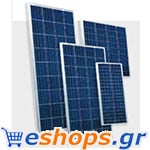
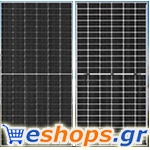
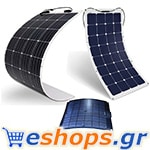
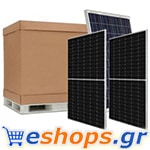
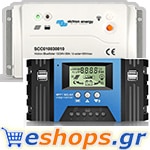
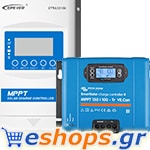
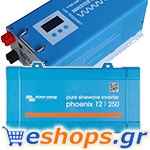
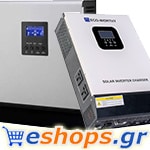
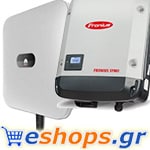

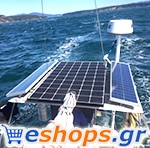


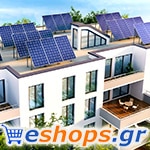
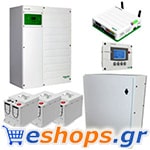
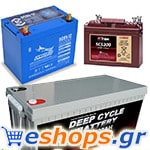
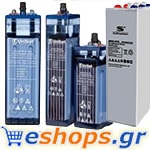
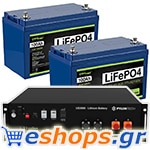
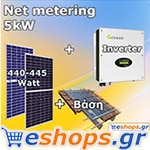
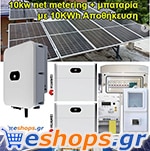










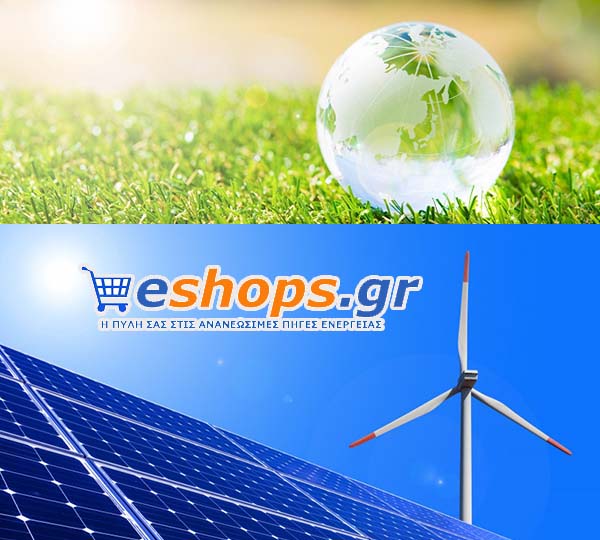

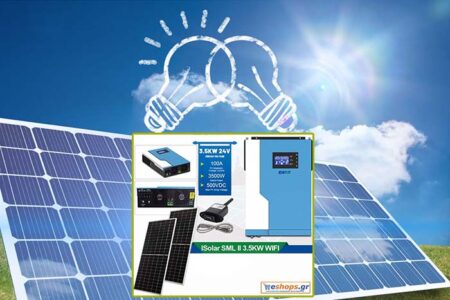
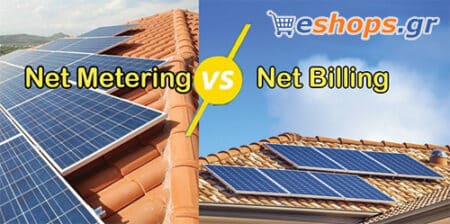
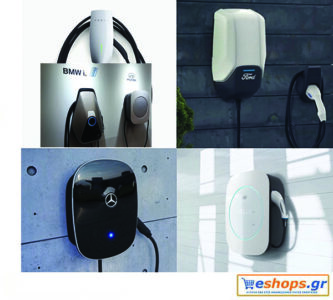
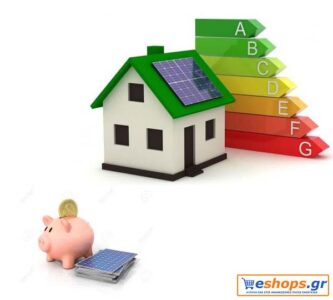
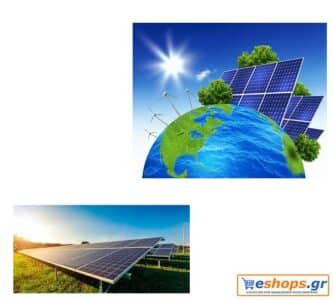
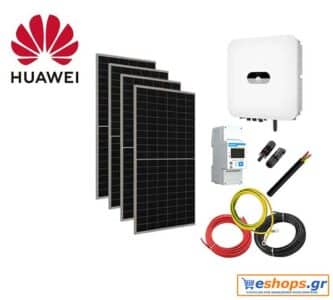
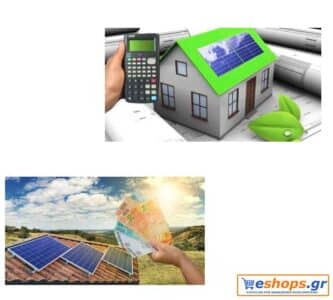
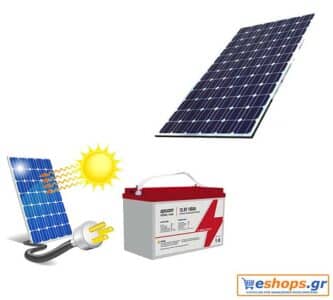
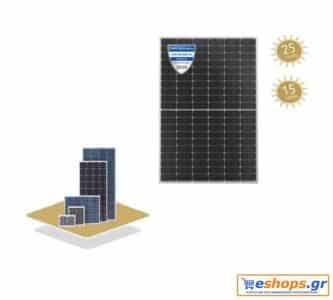

The point of using Lorem Ipsum is that it has a more-or-less normal distribution of letters. On the other hand, we denounce with righteous indignation and dislike men who are so beguiled and demoralized by the charms of pleasure of the moment, so blinded by desire.